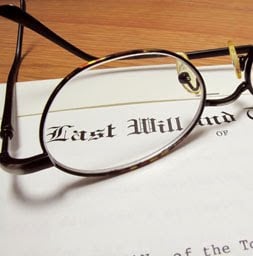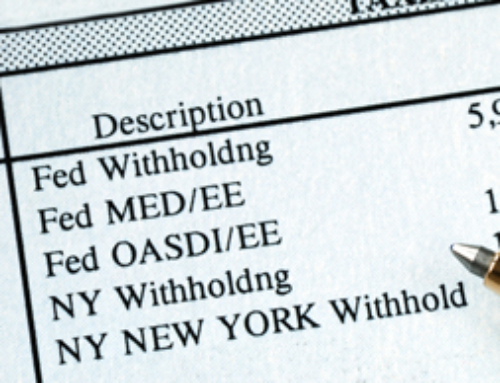 Estate Tax Tips: A Choice for 2010
Estate Tax Tips: A Choice for 2010
Finally, Dec. 17, 2010, we got the estate tax law we all expected to see in the first quarter of 2010. The 2010 Tax Relief Act establishes an exclusion from estate taxes for $5 million dollars per person, effective for all of 2010 through December 31, 2012.
Wait—2010, you say? Huh?
How does this year-end tax law affect all those people who died during 2010? Weren’t they off the hook with estate tax? Did that change?
Nope.
Now there’s a choice. The Tax Relief Act gives estate executors a choice between no estate taxes and the right to use the new estate tax law. Why would anyone want to subject an estate to taxes at all if he could opt out? Actually, there are some pretty sound reasons to consider this.
Although it’s a bit complicated, let me provide an overview.
In 2010, with no estate taxes, larger estates lost most of their step-up in basis. “Step-up” means the tax basis of the estate’s assets rise to the lower of cost or fair market value (FMV) at the date of death—or, optionally, six months after death (if the overall estate value is lower). The “step-up” concept is important for two types of assets—highly appreciated assets and assets whose cost is difficult to prove due to the passage of time, modifications, and lost records.
As we live longer lives, we hold assets for a longer period of time. Things get transferred; stocks get new names, they split, or we sell parts of our holdings; we fix up buildings, or they are damaged due to casualties. Folks often don’t have all those records, especially as we move from one place to another, or get older and lose our memories. You can’t imagine how hard it can be to reconstruct the tax basis (cost) of one’s assets.
Estates in 2010 got a limited step-up in basis—for up to $1.3 million in assets. A surviving spouse was entitled to an additional $3 million of step-up treatment. For estates larger than $1.3 million (or $4.3 million), the executor could allocate the step-up to specific assets. The rest of the estate’s basis would be based on cost, depreciation, and other adjustments over time. While the estate would avoid all federal estate taxes, the capital gains taxes might be significant—even at 15 percent.
Consider a fully depreciated building with an FMV of $8 million and a basis of $1 million. After allocating $4.3 million (assuming a surviving spouse), the federal capital gains taxes would be over $400,000. By electing to use the new rules in the 2010 Tax Relief Act, the estate would have a $10 million estate tax exclusion. The heirs would pay no capital gains at all when selling the property.
That’s why you may want to elect to use the new federal estate tax law instead of avoiding estate taxes altogether. (Note: Your state’s estate tax laws may be different from the federal rules. Executors must learn the state rules to see how they affect the overall estate.)
Whatever you decide, there is paperwork to file—even when there are no estate taxes. There’s just one catch: the IRS has not created the forms yet.
Filing Taxes 2011: Should I Do My Own Taxes?
Payroll Withholding Tax: Reevaluating Withholding for 2011







